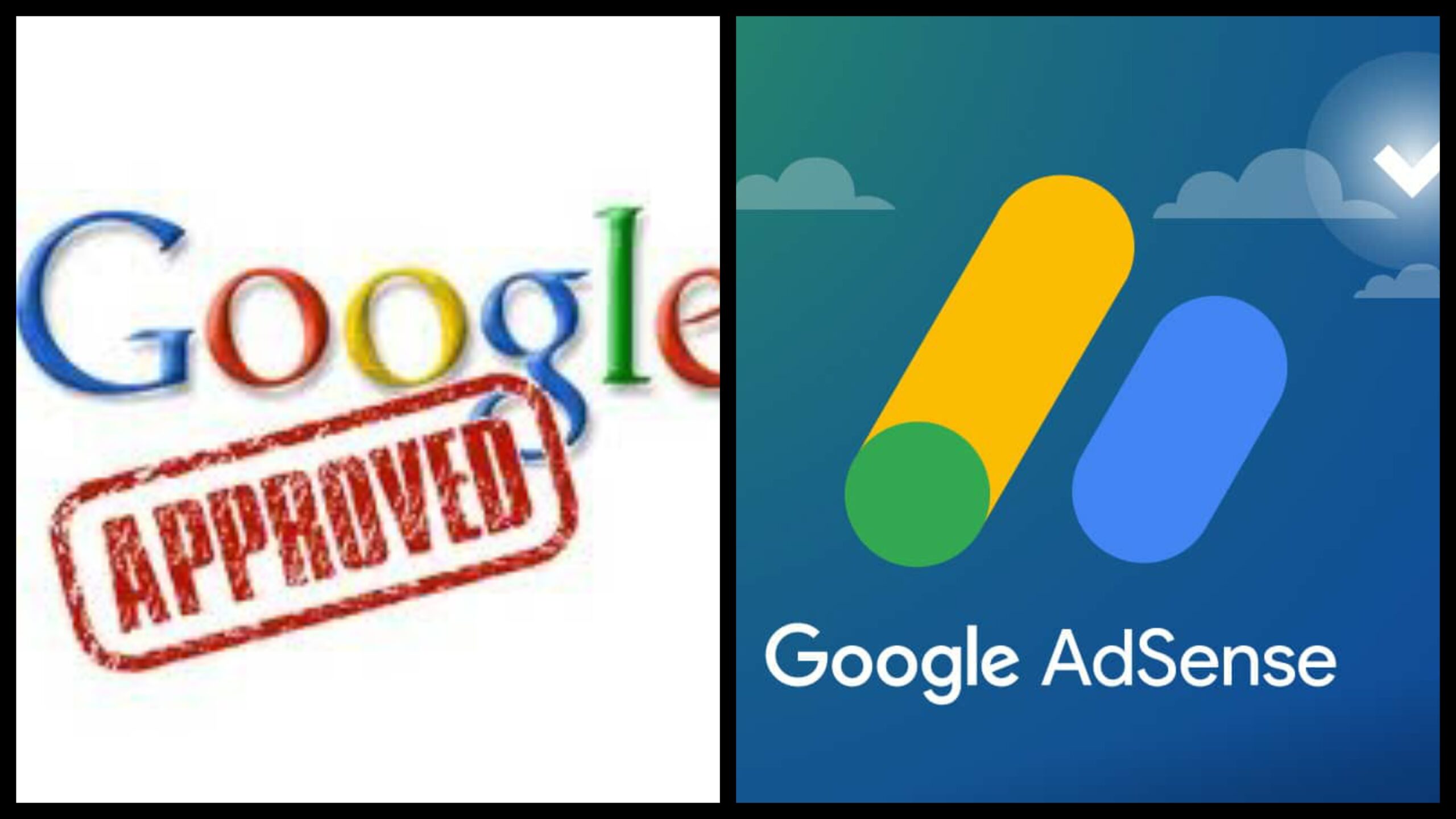
Before applying to AdSense, check these 12 eligibility requirements.
The Google AdSense program is a great way for a medium-sized website to make some money, but there are many potential problems. In order to actually make money, you need to make sure that you meet all of the eligibility requirements. You also need the right amount of traffic.
For AdSense, Google only has a few real, specific eligibility requirements. I’ll list them here, but I’m more concerned about the “unofficial” eligibility requirements, which allow you to profit from the program but do not necessarily exclude you from it.

1. You must be over the age of 18 to apply.
One of the simplest is here. You must be over the age of 18 in order to be eligible to use AdSense, according to Google’s terms and conditions, which virtually no one has ever read.
This is irritating for those precocious 16-year-olds who create a popular website but have no means of making money from it, I suppose? To be honest, you can use your parents’ information to register an account until you are old enough to get one of your own if you are creating a website that is good enough to be profitable. I won’t go into detail about this because most of you reading this won’t find it a problem. Simply get older!
2. Your site must be yours to own and manage.
In general, you must at least be in charge of your website’s content. You may be in violation of copyright laws and the Google terms of service if you publish content that is not your own.
This is not always the case. You can still monetize content, for instance, if you are a website with syndication rights to republish content from selected other sources.
3. Content on your website must be original and engaging.
A subpage titled “make sure your site’s pages are ready for AdSense” contains both this one and the following one. In essence, it’s another rule about how your website must have content that can be monetized. Google is probably going to decline your application if they discover that your website is just full of thin pages, content that was stolen or scraped, content that doesn’t make sense, or content that doesn’t help a reader.
4. Your website must be easy to navigate.
Users need to be able to navigate your website, and since Google requires their team to review a site, you won’t be approved if your team can’t navigate.
5. You cannot send out fake traffic.
This is a significant policy, possibly one of the most significant AdSense policies, but you cannot test or determine it prior to receiving program approval. It is more likely to result in your subsequent exclusion from the program rather than rejection.
6. Google Content Policies must be followed by your content.
The types of content that can be monetized by a website are severely limited by Google. Adult content, pornography, shock content, threats, excessive profanity, malware, drug content, weapon sales, and so on are not allowed on your website.
7. Copyrighted content cannot be distributed.
According to copyright law, you must have permission to use or share any and all content you display on your website, including images, text, and videos.
You should, for instance, have content for your blog that you wrote yourself, images that you made yourself, a logo that you paid to have made for you, and other such elements on your pages.
8. A supported language is required.
AdSense is unfortunately not available in every language supported by Google. They want to make sure that the ads they show are legible to the people who are looking at them. As long as the majority of the content on your website is in a supported language, it can be bilingual with content in an unsupported language.
9. An abusive experience must not exist on your website.
Google prohibits a website with a defined set of manipulative, harmful, false, or misleading practices as an “abusive experience.”
10. Technical pages are required.
Although Google doesn’t explicitly state this, a page is significantly more likely to be excluded from the program if it lacks technical pages that build trust in a brand. The Three Big Pages are technical pages in this instance: the Contact Us page, the Privacy Policy page, and the About Us page.
11. Your website ought to be older than six months.
Another “unwritten” policy that may have an impact on a large number of applicants is this one.
Basically, it was simple to apply for AdSense and get approved when it first started out. Google started raising their standards after eventually realizing they had a problem with a lot of new, low-quality websites that were consuming a lot of money. They have had to eliminate virtually every rule listed above.
12. You need a lot of visitors.
Although they might deny a site because of insufficient traffic, Google does not always reject it. However, you won’t even be able to cash out if you don’t have enough traffic. How much traffic do you need to generate an acceptable income? That deserves its own conversation.



Leave a Reply